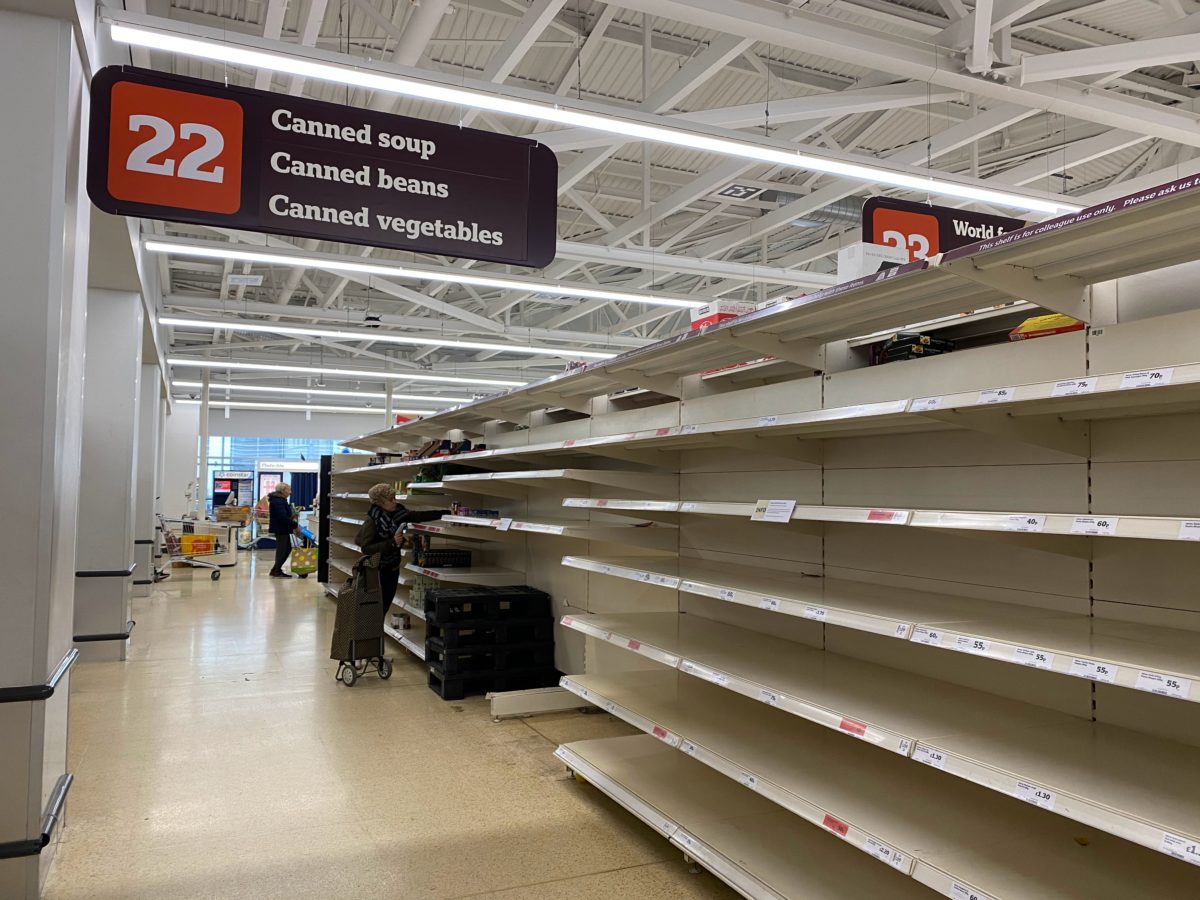We’re heading into week 6 of lockdown and Jon Flinn (DHA’s Director of Communications) is reflecting on whether we really are all in coronavirus together…
Neighbours standing on their doorsteps to clap the NHS every Thursday night are probably not all acting out of purely altruistic motives. Afterall, who hasn’t felt a warm and cosy fug of togetherness in the shared moment as we release ourselves from captivity for a few precious minutes?
We value these moments because hard times are more bearable when we know – or think – that others are in the same boat.
It’s just possible that these feelings of connection or national togetherness reached their peak the day that Boris Johnson went into intensive care, convincing us – if we needed it -that we really must ‘all be in it together’ (by the way, it’s almost exactly 30 years since John Selwyn Gummer tried proving the end of another animal induced crisis by foisting a hamburger on his young daughter)).
But these feelings of togetherness can be illusory – and manipulated.
It’s good that Boris Johnson has recovered but, however indiscriminate this virus is, it is fundamentally wrong for people to suggest that we are ‘all in it together’ or to think that Johnson had, or is having, the same virus experience as a survivor who, say, is one of the 896,000 workers on zero-hours contracts and is struggling to feed a family at the best of times and now faces the potential collapse of his/her employer.
The differences aren’t always so stark. Join a work Zoom call and see the social distancing splendour of a senior colleague or client whose home office desk sits squarely in front of bifold doors which reveal rolling acres in contrast to the narrow balcony of your fourth floor flat and you realise that you too are having very a different virus (size suddenly does matter when use of public spaces is so curtailed).
Or chat to the neighbour who is one of the estimated 9 million people expected to be furloughed during the crisis and is enjoying is a prolonged bout of sunbathing whilst you cover every possible shift in Asda before heading home to put the kids to bed and face the kind of traumatic scenes that have inspired a 25% rise in calls to domestic violence helplines since lockdown began.
Or imagine the widowed pensioner who no-one gets to hear about because, on top of her struggle to master the technology needed to secure supermarket food deliveries, she has effectively been living in isolation for years rather than weeks.
If truth really is one of the first casualties of this crisis (and there seems to be much to question in precisely what the government knew and when), we should expose the idea of togetherness as the lie that it so frequently is – at least when perpetuated by those in positions of privilege because the notion of equality that it promotes is even greater nonsense than it was the day before this many pronged beast of a virus entered the airways and lungs of its first victim.
We should rail too at those like the banks who, after being bailed out by the public purse in the wake of 2008 collapse, now act like spivs, telling us that they’re ‘together’ with us too in one line before trying in the next to sell us a three month mortgage ‘holiday’ with full interest charges added to our 25 year terms.
A sense of togetherness makes us feel good and is psychologically and emotionally valuable – but we have a choice. We either treat these feelings as just that – treats, like the extra square of chocolate or finger of whisky that we’re allowing ourselves because the virus has deprived us of so much else or we do something more radical and use them as the foundation for action that has the potential to inspire a fairer and more genuine ‘togetherness’.
We can start by challenging ourselves and stepping outside our neighbourhoods and mental comfort zones to explore the different worlds that lie just beyond.

